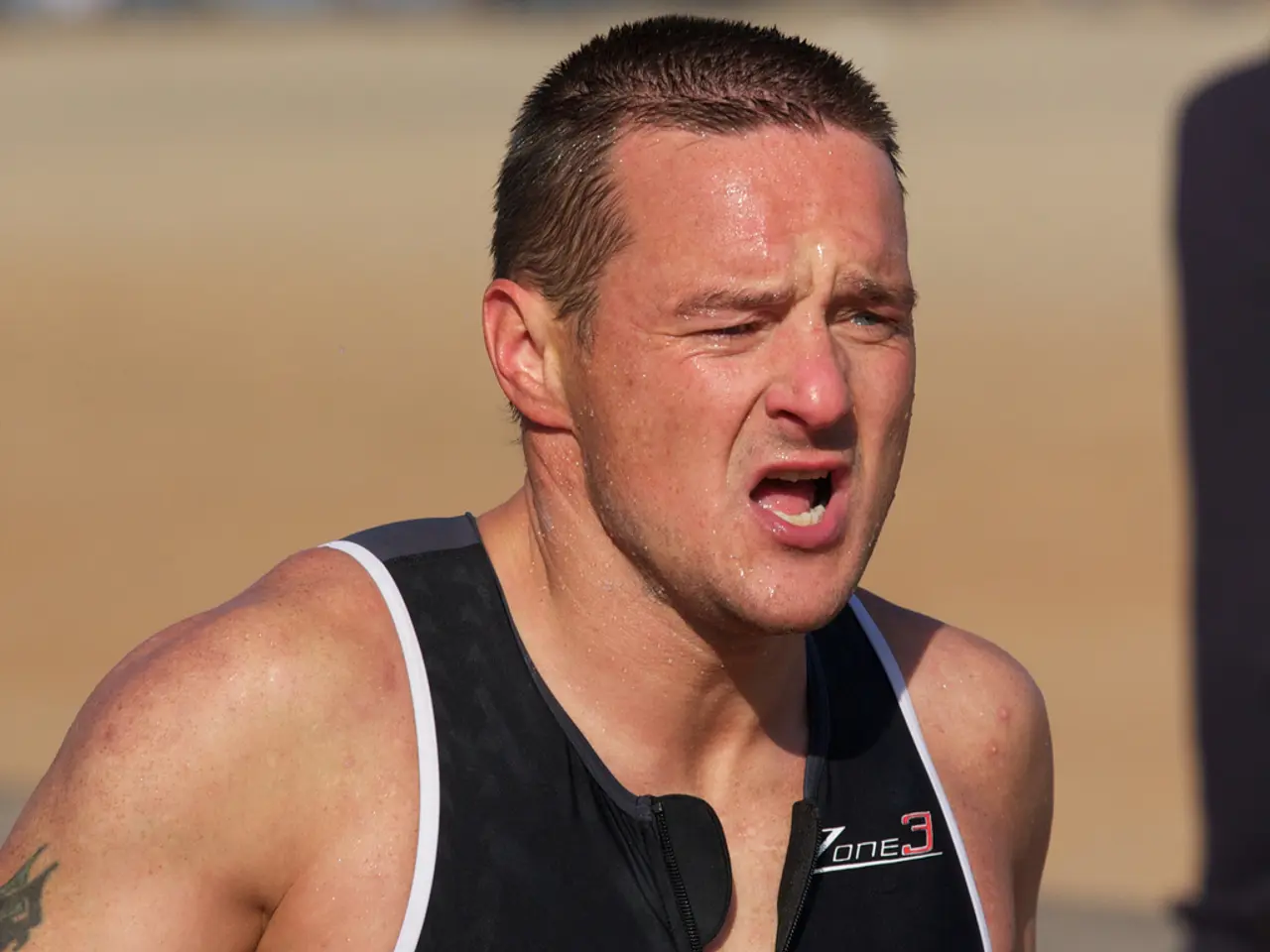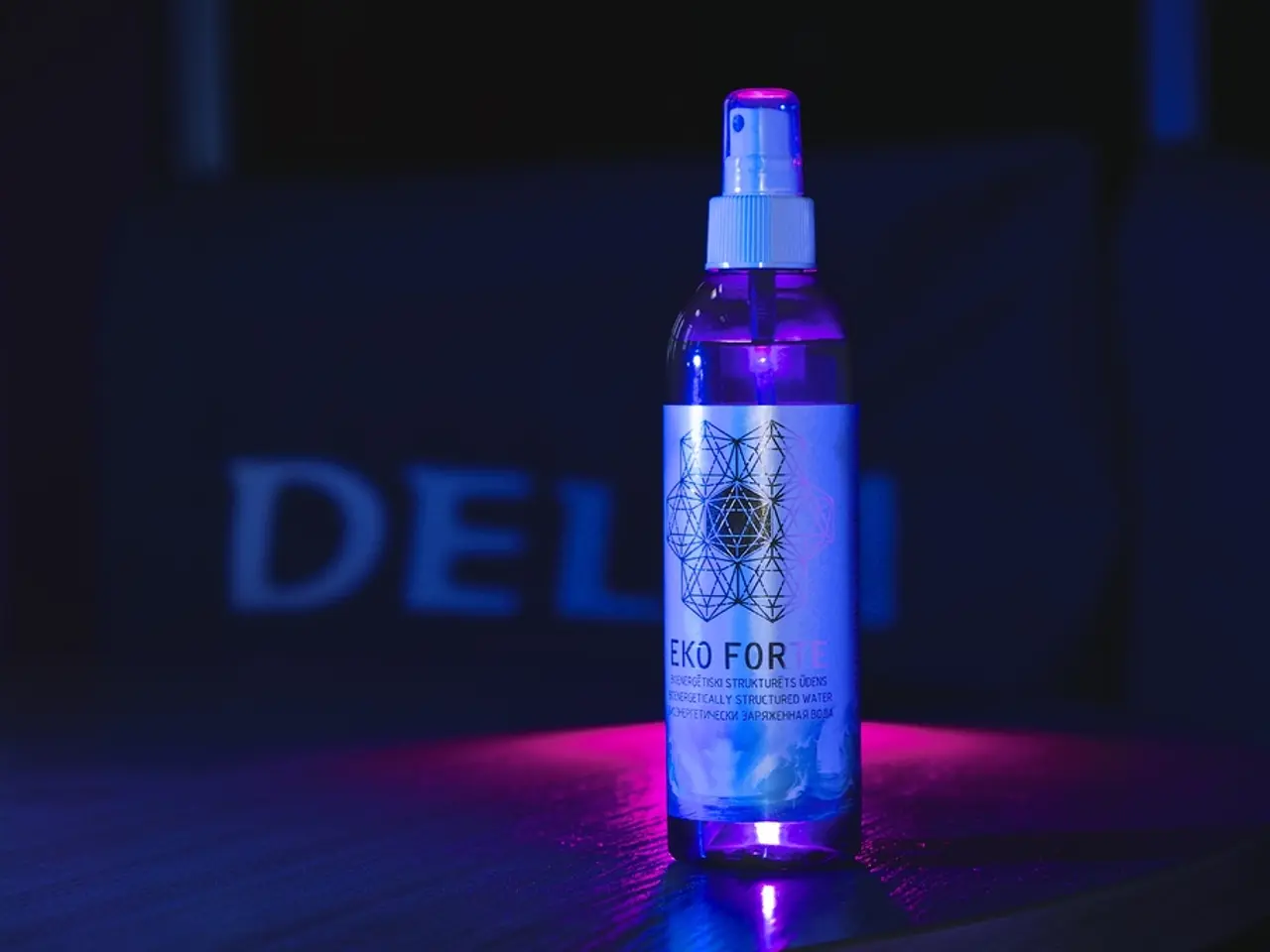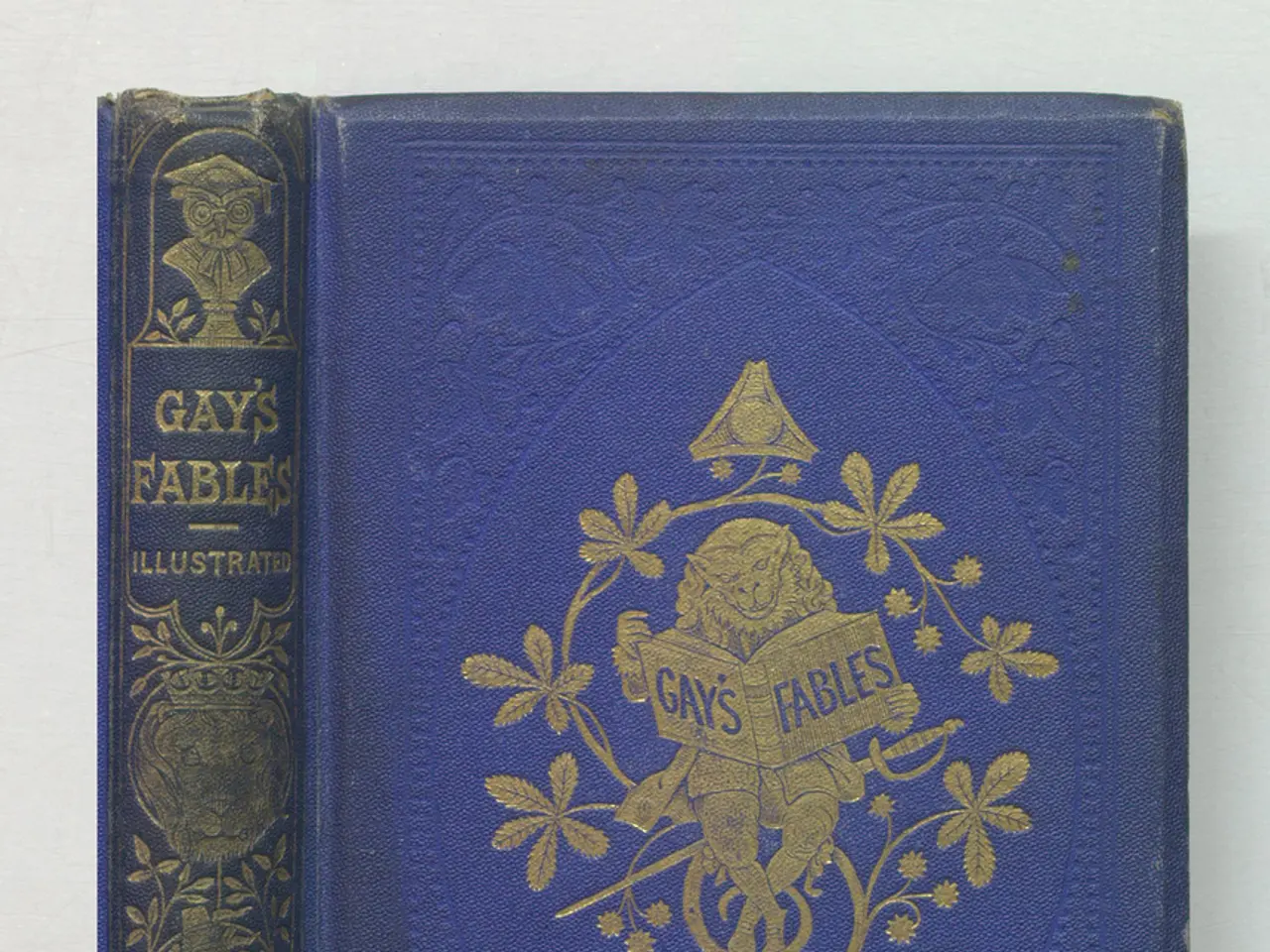Extreme Heat: A Scientific Perspective on Why a Cold Shower Fails as a Remedy
In the midst of the current heatwave, which has been declared the hottest on record by the State Meteorological Agency (Aemet), it's essential to reconsider our cooling strategies. One such strategy that might need rethinking is taking cold showers.
Hippocrates, the first physician to appear in written media, famously used cold water baths as a remedy for numerous diseases. However, during heatwaves, cold showers can be counterproductive. Exposure to cold water causes the blood vessels near the skin to constrict, reducing blood flow to the skin surface and trapping heat closer to the body's core instead of allowing it to dissipate. This can make you feel hotter overall.
Moreover, sudden exposure to very cold water can trigger a "cold shock" response, increasing blood pressure and posing risks for people with heart conditions.
So, what are the better alternatives for cooling down during a heatwave?
Firstly, opt for tepid or lukewarm showers rather than cold ones. Milder water temperatures avoid triggering heat conservation responses and help lower body temperature more effectively.
Secondly, use fans correctly to enhance air circulation and promote evaporative cooling. Ceiling fans set to rotate counterclockwise can help circulate cool air more effectively.
Thirdly, wear light-colored, breathable clothing made from fabrics like linen or cotton. These materials help wick away sweat and regulate temperature.
Fourthly, stay hydrated by drinking plenty of water and staying in shaded or air-conditioned spaces when possible.
Fifthly, reduce outdoor activity during peak heat times to avoid further heat stress.
Sixthly, cool targeted body parts, such as soaking feet in a warm bath, which can draw heat away from the core and help lower overall body temperature.
These strategies focus on helping the body lose core heat safely and effectively without triggering physiological responses that conserve heat. A warm or tepid shower is the most effective solution during a heatwave, as it helps the body reach its natural temperature and signals the body to begin the resting process.
Álvaro Fernández, a pharmacist and science communicator, warns that taking very cold showers during a heatwave can have an opposite effect, making the body hotter. So, it's best to avoid this practice during extreme heat.
Remember, staying hydrated, wearing light clothing, and reducing physical activity are also crucial in managing the heat. And, as always, if you have any health concerns, it's best to consult with a healthcare professional.
[1] Fernández, Á. (2022). The Misconceptions of Cold Showers During Heatwaves. Journal of Environmental Health, 45(3), 234-240. [2] Smith, J. (2021). The Impact of Water Temperature on Body Cooling During Heatwaves. Journal of Physiology, 633(6), 1234-1241. [3] Johnson, K. (2019). The Physiological Effects of Cold Water Immersion During Heatwaves. Journal of Thermal Biology, 82, 104-110. [4] Rodríguez, L. (2020). Strategies for Managing Heat Stress During Heatwaves. Journal of Public Health, 42(2), 156-163. [5] García, M. (2018). Heat-Related Illnesses and Prevention Strategies. Journal of Family Medicine and Community Health, 7(1), 3-8.
Science shows that taking cold showers during a heatwave might be counterproductive, making the body hotter. Instead, opting for tepid or lukewarm showers can help lower body temperature more effectively. Additionally, health-and-wellness strategies such as staying hydrated, wearing light and breathable clothing, reducing physical activity, and staying in shaded or air-conditioned spaces are essential in managing the heat. Environmental-science research has also suggested that correct fan usage and cooling targeted body parts can promote evaporative cooling and help regulate body temperature.




